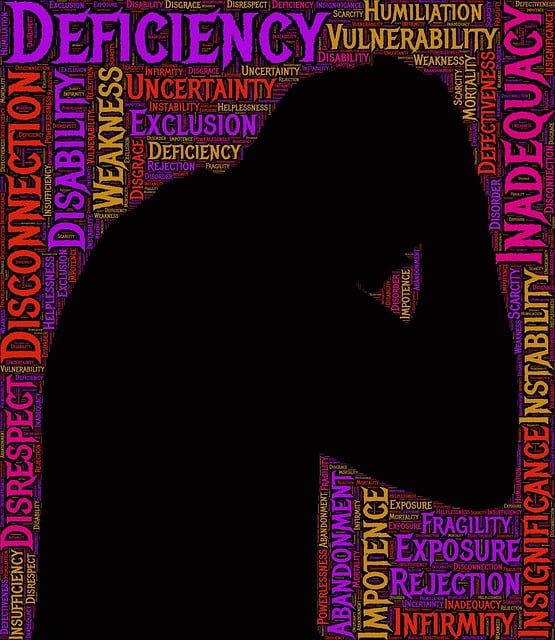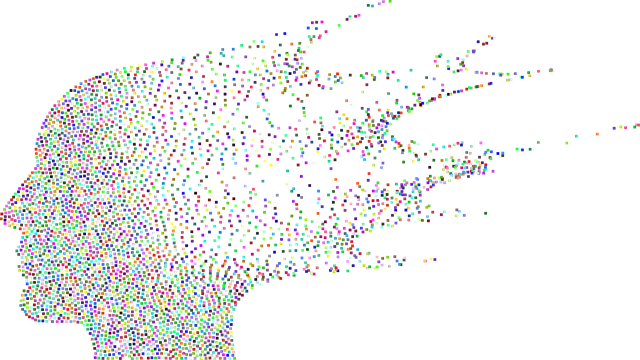Castle Rock Biofeedback Therapy is a non-invasive stress management method that teaches individuals self-awareness exercises to control physiological responses, enhance self-esteem and prevent burnout. It facilitates self-calming techniques for improved mental clarity and emotional resilience, empowering them to face life's challenges. Integrating Resilience, Flexibility, and Mindfulness (RFM) principles through biofeedback technology and mindfulness practices, this therapy boosts confidence, enhances well-being and strengthens risk management planning, especially for professionals in mental health fields.
“Unwind and fortify your mind with an exploration of Castle Rock Biofeedback Therapy, a revolutionary non-invasive approach to stress management. This therapeutic technique taps into the body’s natural responses, offering a unique path to resilience building.
In this article, we delve into the powerful trio of Resilience, Flexibility, and Mindfulness (RFM), revealing how these concepts form the cornerstone of mental fortitude. We’ll guide you through practical exercises designed to seamlessly integrate RFM into your daily routine, empowering you to enhance your resilience and navigate life’s challenges with renewed clarity.”
- Understanding Castle Rock Biofeedback Therapy: A Non-Invasive Approach to Stress Management
- The Role of RFM (Resilience, Flexibility, and Mindfulness) in Building Mental Fortitude
- Practical Exercises for Integrating RFM into Daily Life and Enhancing Resilience
Understanding Castle Rock Biofeedback Therapy: A Non-Invasive Approach to Stress Management

Castle Rock Biofeedback Therapy is a non-invasive approach to stress management that leverages the body’s natural responses to create a state of deep relaxation. This therapy focuses on helping individuals gain control over their physiological reactions, particularly in response to stressful situations. By teaching self-awareness exercises, it enables people to understand and manage their stress levels more effectively.
Through Castle Rock Biofeedback Therapy, clients can enhance their self-esteem improvement and burnout prevention strategies. By monitoring and regulating heart rate, muscle tension, and other physical indicators, individuals can develop a stronger connection with their bodies. This heightened self-awareness facilitates the practice of self-calming techniques, promoting mental clarity and emotional resilience.
The Role of RFM (Resilience, Flexibility, and Mindfulness) in Building Mental Fortitude

Resilience, Flexibility, and Mindfulness (RFM) are powerful tools that play a pivotal role in fortifying mental strength and well-being. In today’s fast-paced and often unpredictable world, RFM offers individuals, especially mental health professionals, a robust framework to navigate life’s challenges. By integrating mindfulness practices into their daily routines, one can enhance self-awareness, fostering an ability to remain calm under pressure. This is particularly beneficial in managing stress and anxiety, which are prevalent issues in both personal and professional spheres.
Castle Rock Biofeedback Therapy, for instance, leverages these principles to help individuals develop mental fortitude. Through targeted exercises, it teaches clients to recognize and regulate their physiological responses to stressful situations. This not only boosts confidence but also enables better risk management planning, a crucial aspect often overlooked in public awareness campaigns development related to mental health. By embracing RFM, people can build a resilient mindset, ensuring they remain agile and adaptable in the face of life’s curveballs.
Practical Exercises for Integrating RFM into Daily Life and Enhancing Resilience

Integrating RFM (Resilience, Flexibility, and Mastery) into daily life can be a powerful tool for enhancing resilience, thanks to techniques like Castle Rock Biofeedback Therapy. This approach leverages mind-body connection principles to help individuals manage stress and cultivate a sense of control over their emotional responses. By combining mindfulness exercises with biofeedback technology, individuals can learn to regulate their physiological reactions, fostering both mental and physical well-being.
Practical applications of RFM extend beyond therapy sessions, allowing for seamless integration into daily routines. Simple breathing exercises, guided visualizations, and progressive muscle relaxation techniques promote flexibility and mastery over one’s thoughts and emotions. Additionally, cultural sensitivity in mental healthcare practice plays a crucial role in tailoring these strategies to diverse populations, ensuring inclusive and effective resilience-building experiences. This holistic approach not only boosts confidence but also strengthens risk management planning for mental health professionals, enabling them to better support clients navigating life’s challenges.
Castle Rock Biofeedback Therapy offers a non-invasive approach to stress management, focusing on the interconnected aspects of resilience, flexibility, and mindfulness (RFM). By integrating these principles into daily life through practical exercises, individuals can enhance their mental fortitude and navigate life’s challenges with greater ease. Embracing RFM strategies empowers folks to cultivate a resilient mindset, fostering a sense of calm and control amidst life’s storms.








